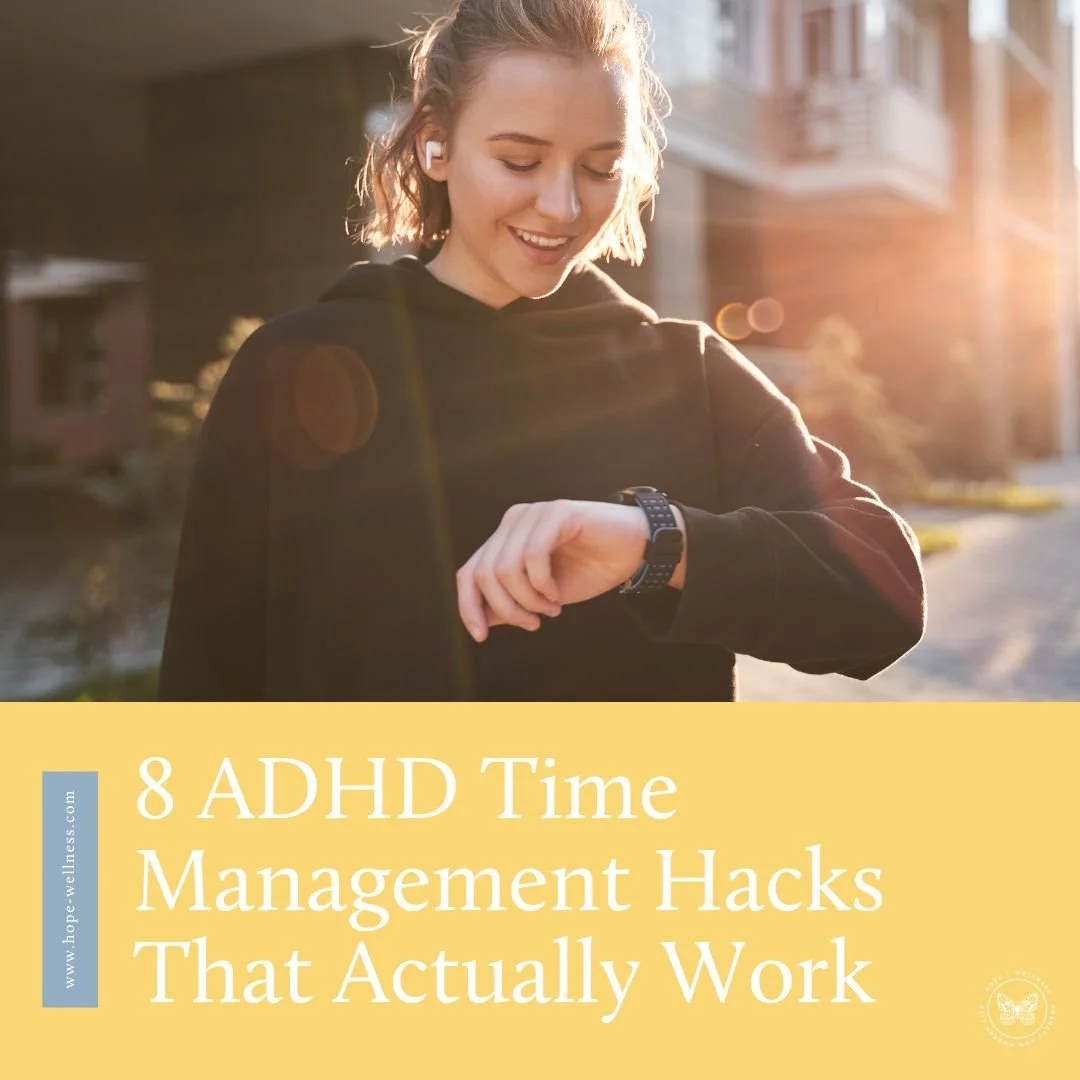4 Tips for Coping with Depression
Everything feels harder when living with depression. You drag yourself out of bed and force yourself to get through the day. Friends invite you to go out, but you find yourself preferring to stay in. You try to participate in your usual activities, but they no longer spark joy. Around you, everyone seems to know where their life is heading, and what it all means. You feel empty, as if life is meaningless.
Depression can be tough to live with, but the good news is that there are ways to manage symptoms and improve your life.
Get active
Emotions and behaviors are related. For example, when you’re feeling depressed (i.e., emotion), you may prefer to isolate from friends and family (i.e., behavior). In this way, emotions can lead to behaviors. However, the opposite is also true. This means that engaging in behaviors and positive activities such as spending time with friends, can lead to improvements in mood. Try it out — create a list of positive activities to do when you’re feeling depressed, and get active.
Improve Sleep
Research demonstrates strong associations between sleep and mood. For instance, depression is linked to insomnia and sleep disruption, and individuals with insomnia are at higher risk for depression. Improvements in sleep hygiene can thus help, including having a regular sleep routine, turning off electronics an hour before bed, and implementing regular sleep and wake times.
Increase Social Support
Depression can make you want to isolate from others, but the opposite — spending time with friends and family — is what can actually help. Spend time developing stronger connections with others and get help and support.
Challenge Negative Thinking
Negative thinking is a hallmark feature of depression. Oftentimes depression can cause you to believe these thoughts and over identify with them. It is thus important to begin identify negative thoughts, to challenge and replace them with more balanced or positive thoughts. This can be tough to do since depression can color your thoughts and mood. However, treatments such as Cognitive Behavioral Therapy (CBT) or Acceptance and Commitment Therapy (ACT) can help either manage negative thoughts or form new perspectives on them.
Therapist in mclean, tysons corner, merrifield, falls church, arlington and vienna
Victoria Chialy Smith, PhD is a licensed clinical psychologist serving the Falls Church, McLean, Great Falls, Vienna, Arlington, Alexandria, and the greater Washington DC region. She provides individual therapy to children, teens, and adults with stress, anxiety, and depression. Our practice provides Cognitive Behavioral Therapy (CBT), mindfulness and acceptance based therapies, and other top, premier evidence-based treatments. Call, email, or schedule an appointment with us online today. We’re happy to help!










Human connection is essential for our well-being, yet many people today find it increasingly difficult to make or maintain relationships. Compared to several decades ago, community often feels weaker and less accessible. This may be due to many factors: the loosening of neighborhood ties, the rise of technology, and the relentless busyness of modern life.